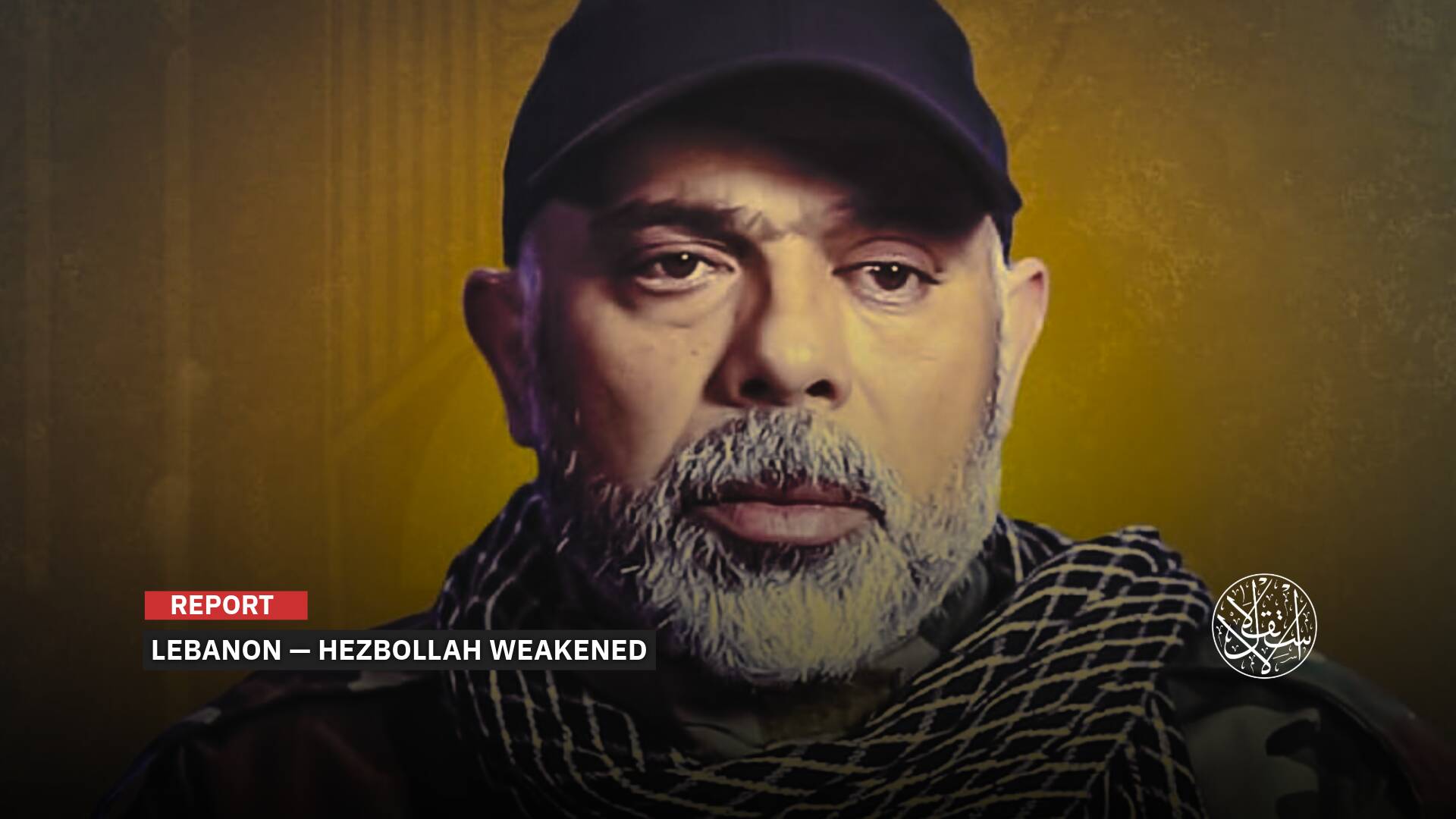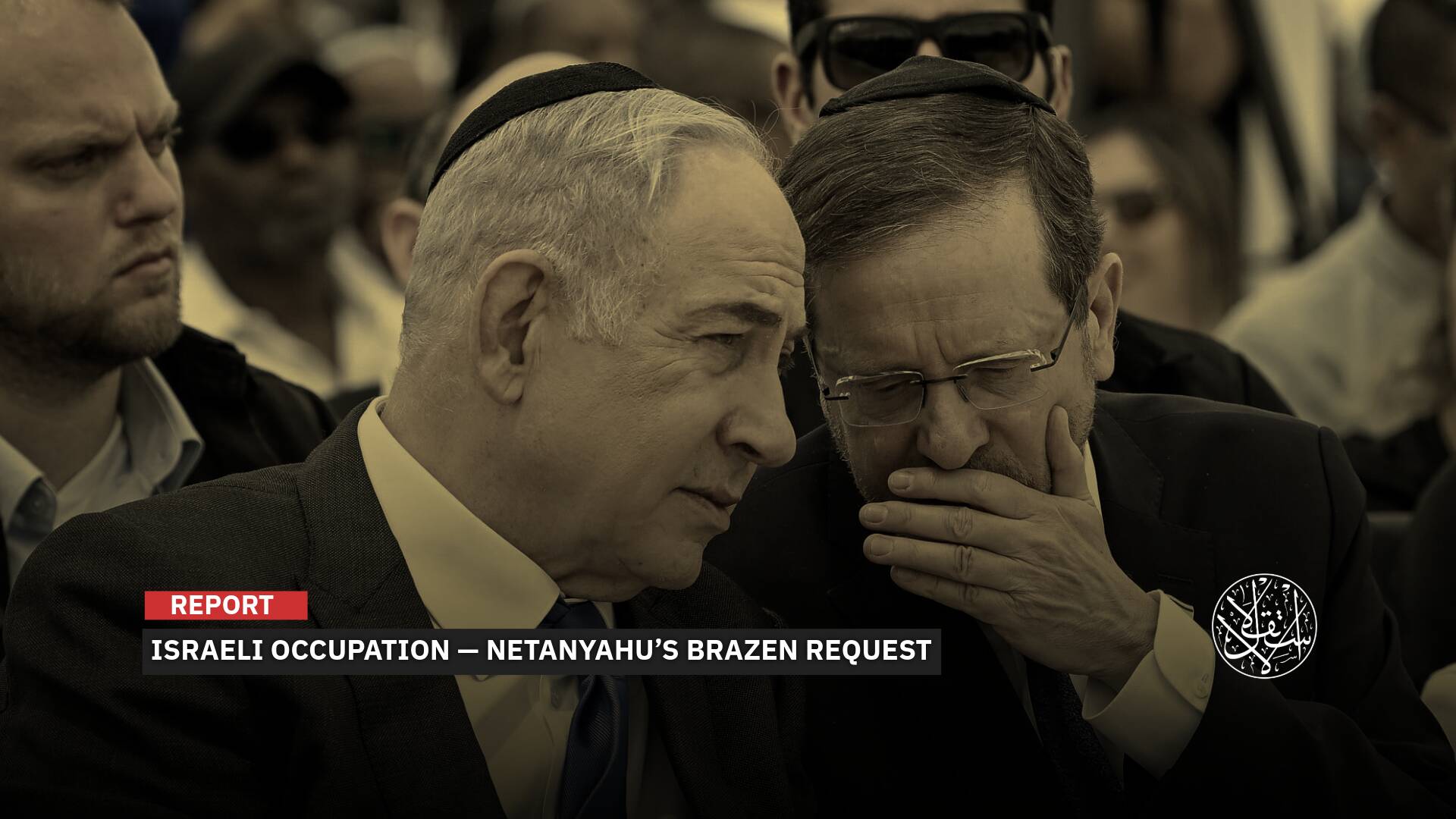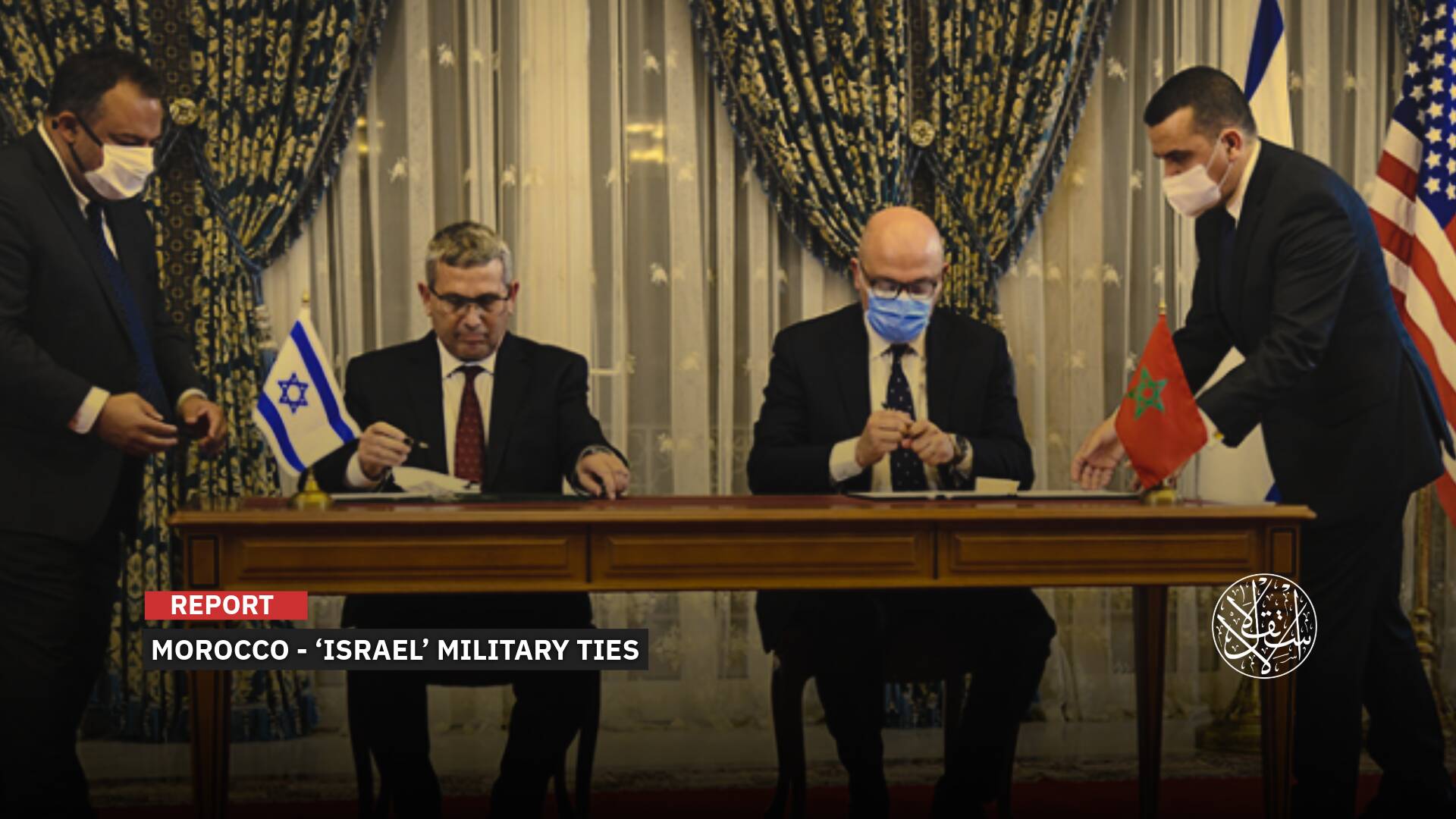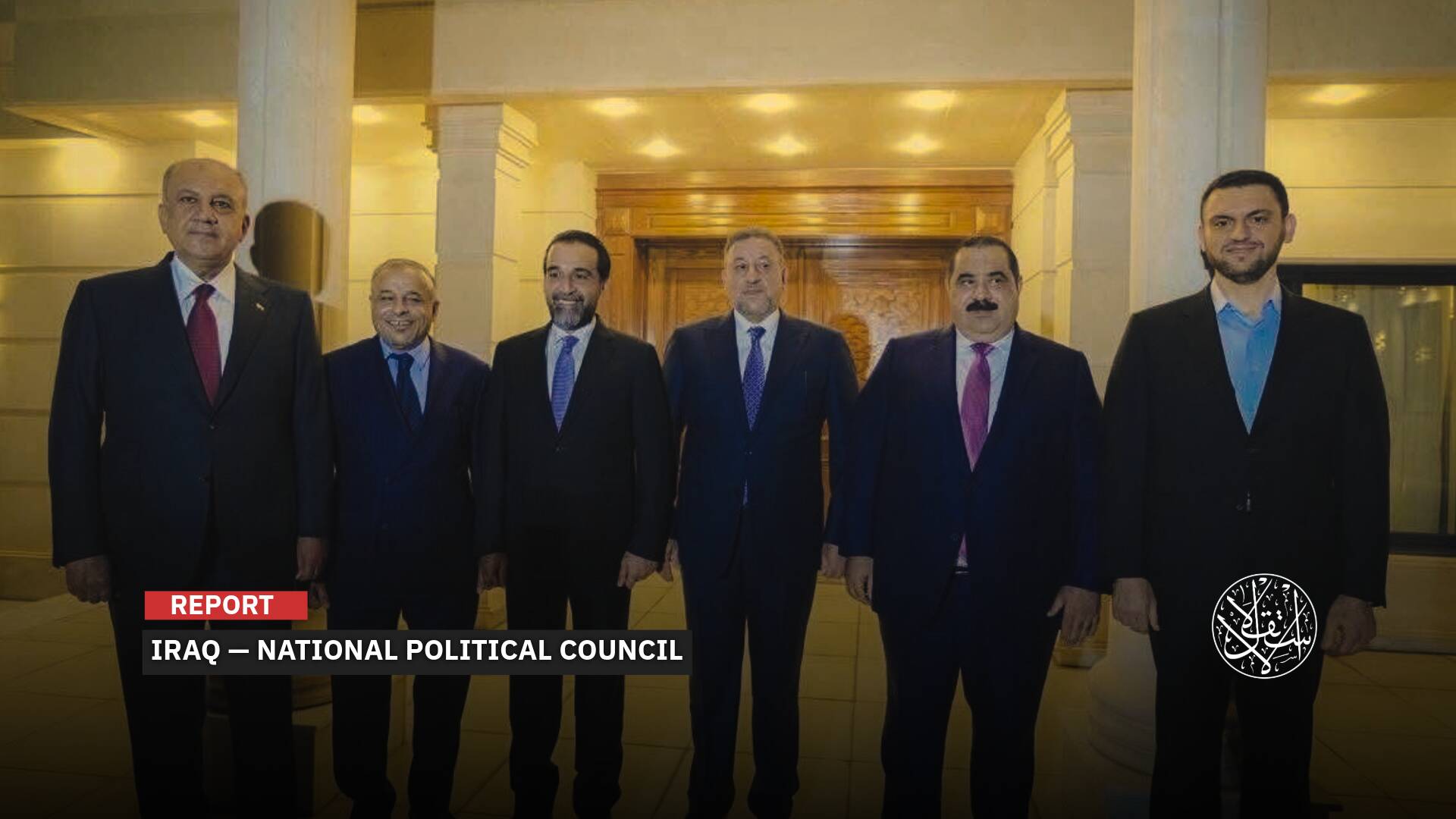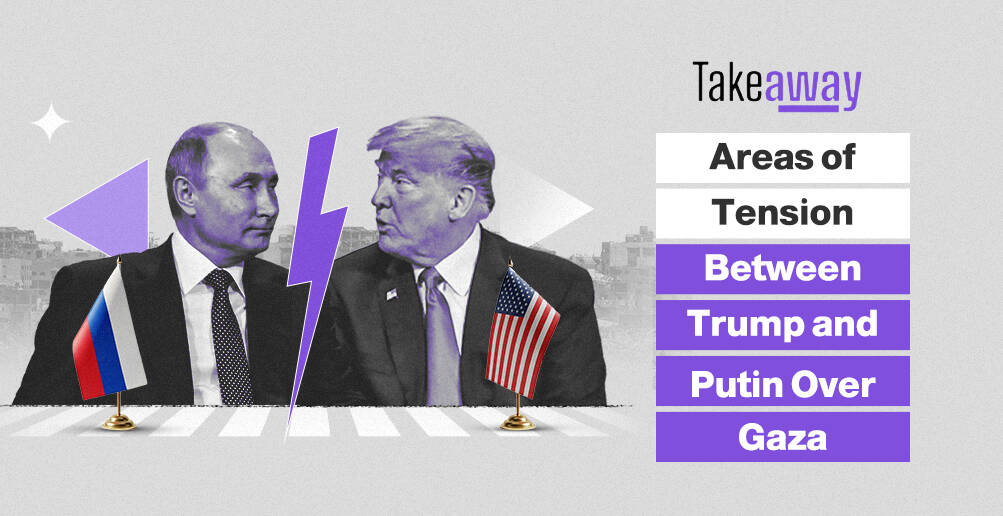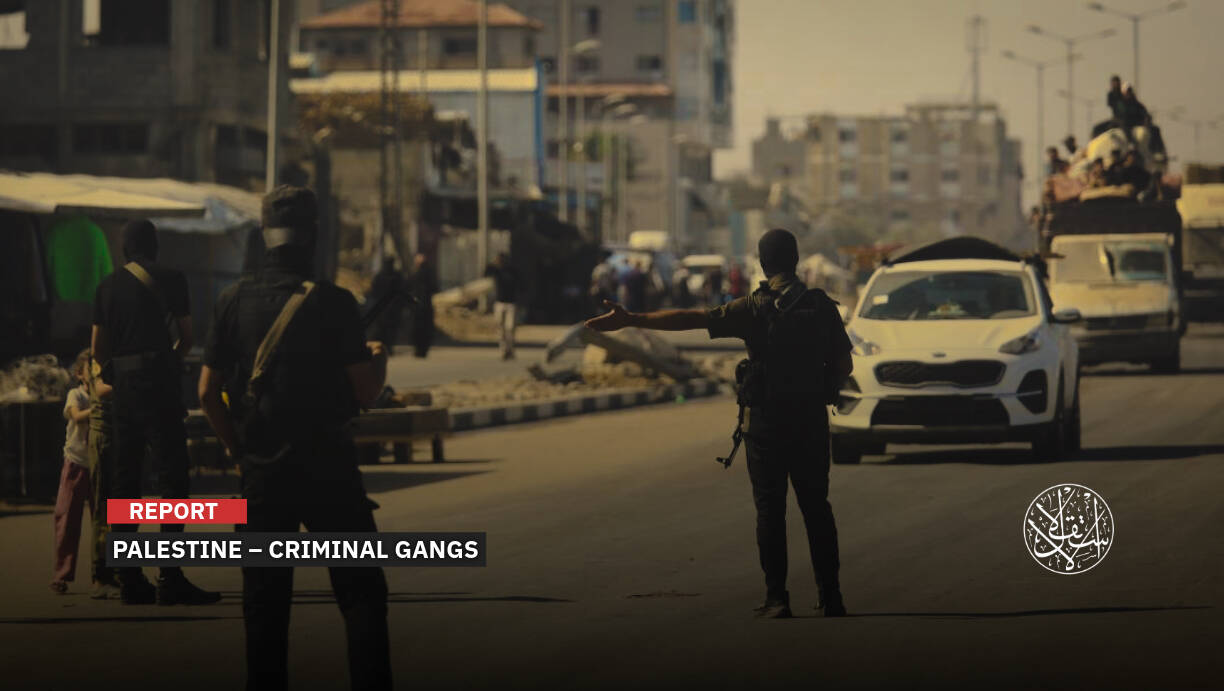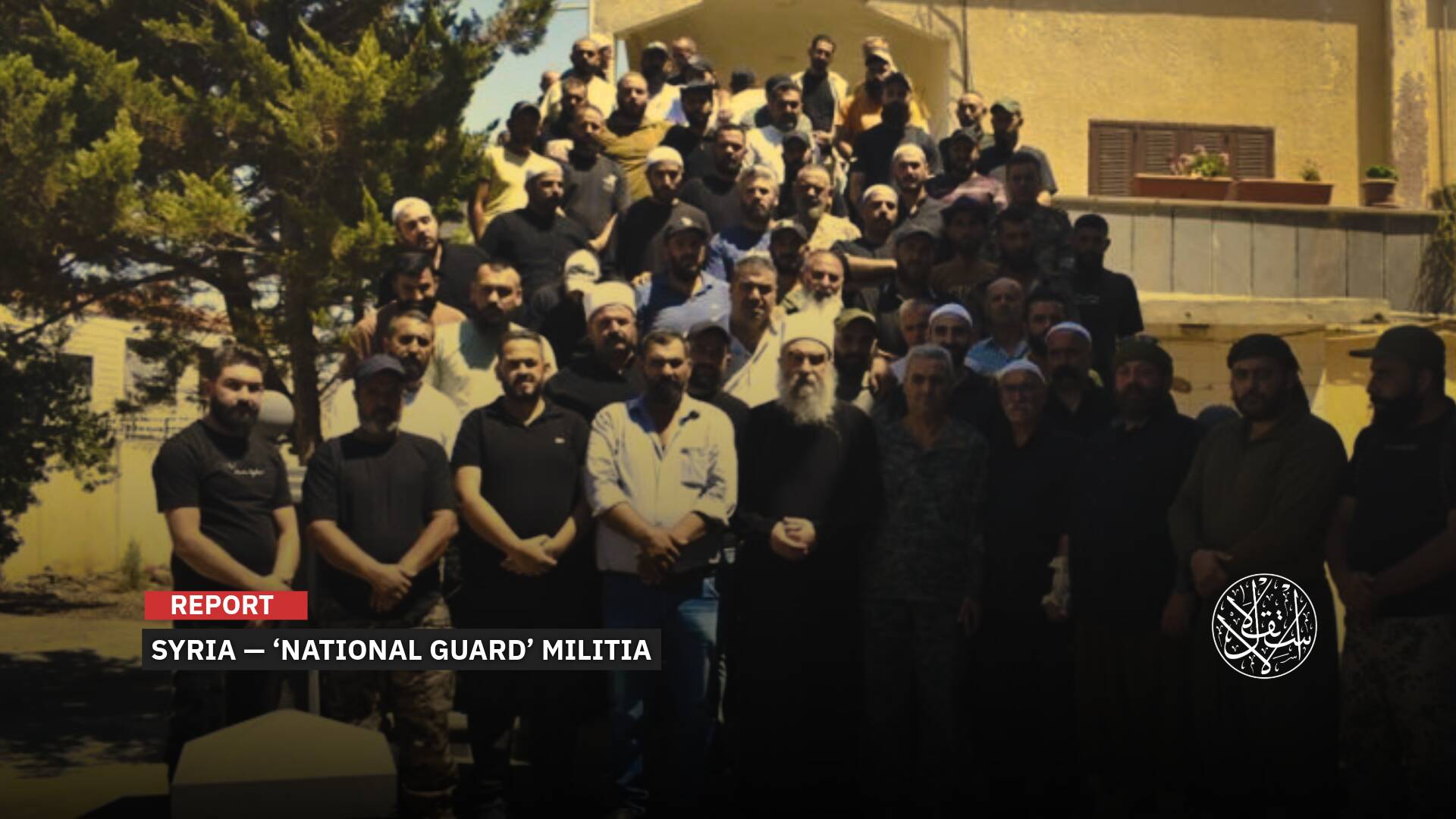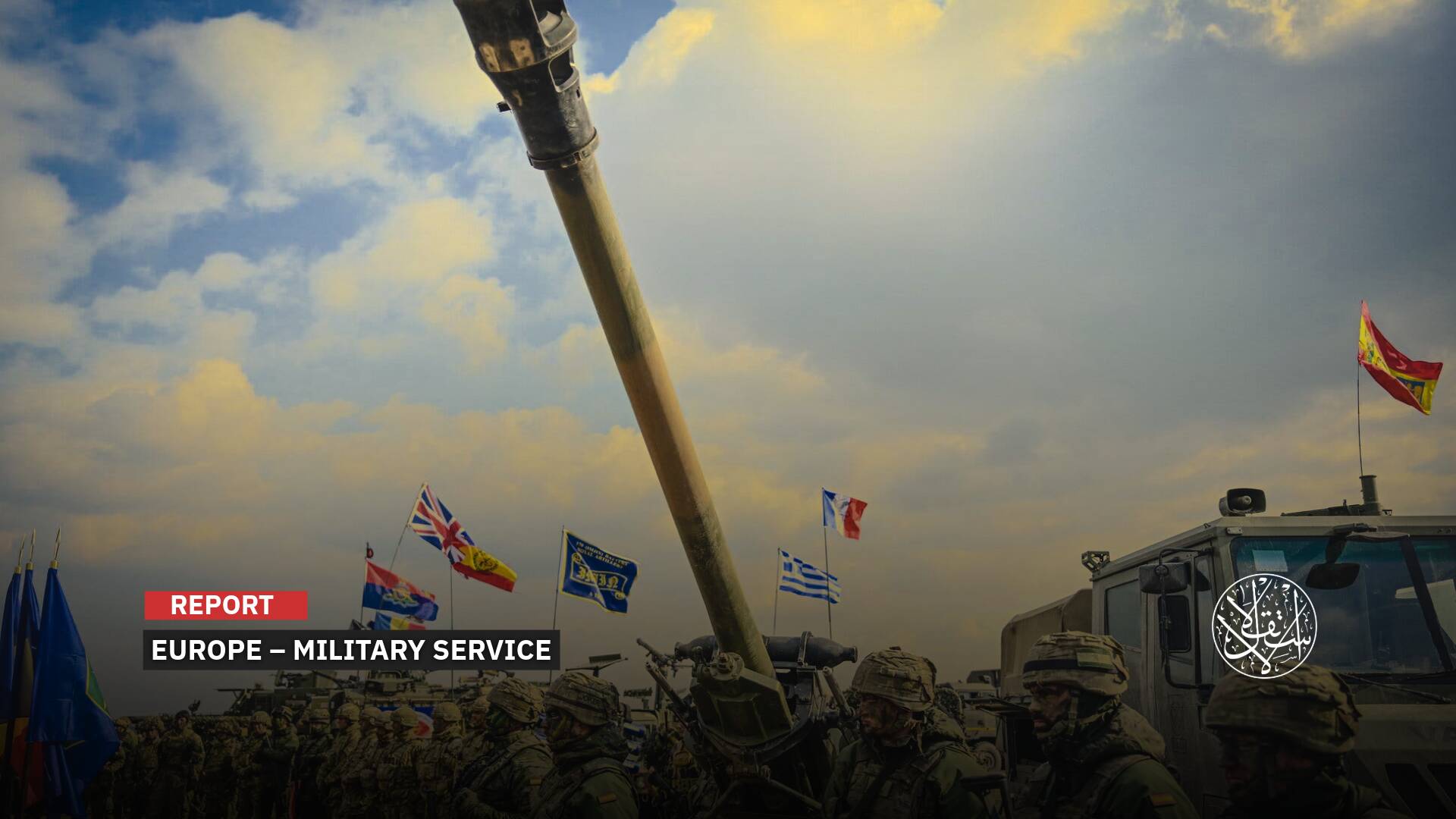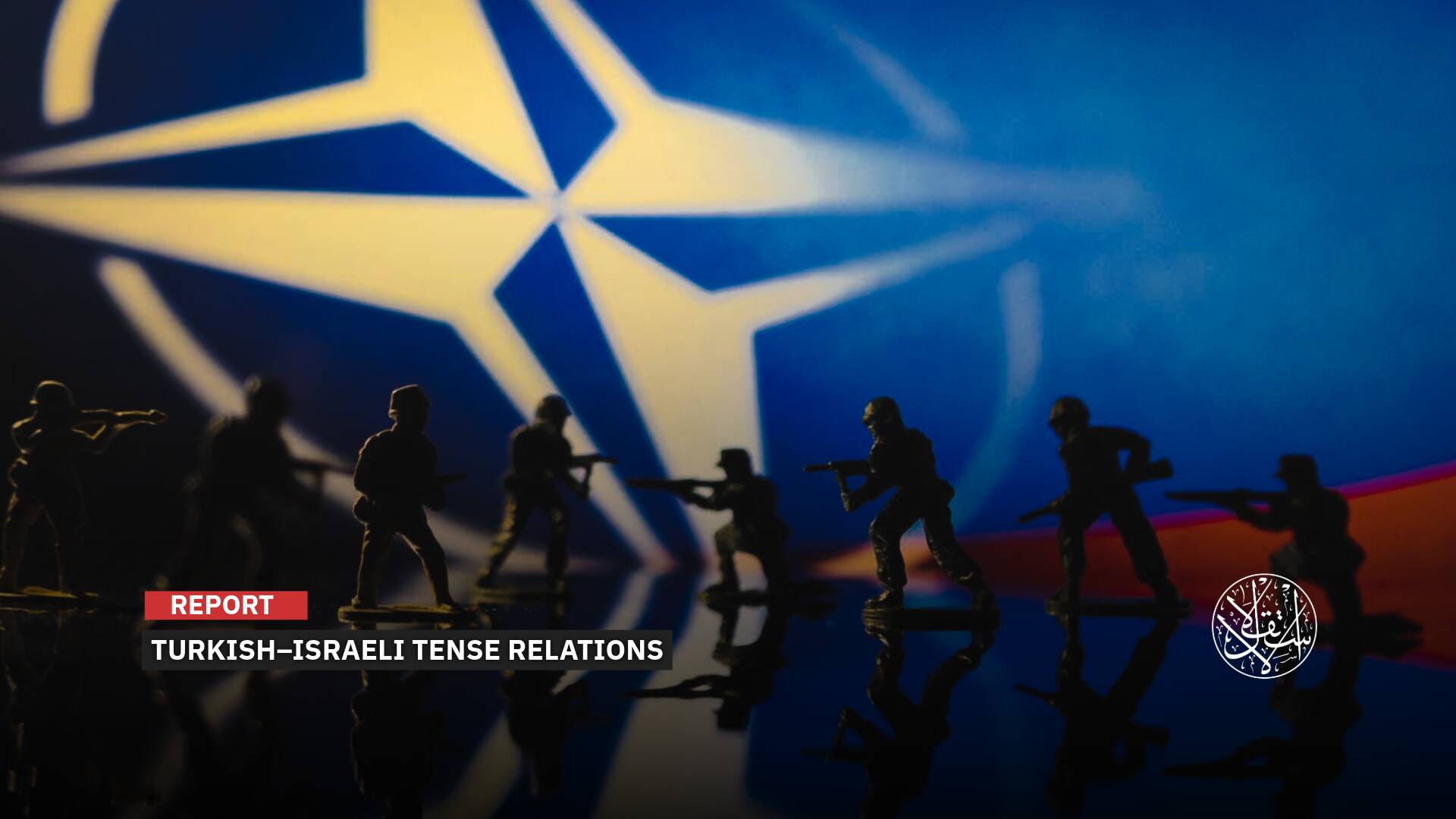Against the Backdrop of the Ukraine War, This Is How the Israeli–Russian Tension Reached a Peak

The Israeli–Russian tension is increasing against the backdrop of the Ukraine war, as it reached its last stop in Israeli public condemnation of the Russian bombing of Kyiv in recent days, which prompted the Israelis to expect a sharp escalation with the Russians.
The Russian Embassy in Tel Aviv responded to Prime Minister Yair Lapid's condemnation of the missile attack on the cities of Ukraine as specific attacks on the military, communications, and energy infrastructure, in response to the destruction of the bridge connecting to Crimea.
"Israel" had announced its rejection of Russia's annexation of the regions of Luhansk, Donetsk, Zaporizhzhia, and Kherson after referendums backed by Moscow in those regions.
Last month, Israeli media reported that an Israeli security industries company had sold anti-drone systems to the Ukrainian army.
It is noteworthy that Russian-Israeli relations have witnessed tension during the past months, "Russia's influence on Israel is evident in its inability to provide Ukraine with any weapons."
After "Israel" announced that it would help Kyiv through thousands of helmets and shields, accompanied by statements by senior Israeli officials, including the then Israeli Foreign Minister Yair Lapid, in which they claimed that Russia committed war crimes in Ukraine, as Moscow denounced these Israeli allegations.
Sharp Condemnation
Israeli Prime Minister Yair Lapid condemned the Russian bombing of Ukrainian cities, while Moscow accused "Tel Aviv" of silence for 8 years over the Ukrainian terrorist attacks in the Donbas region.
Lapid expressed his sharp condemnation of the Russian attack on the civilian population in Kyiv and other cities in Ukraine and added in a tweet on October 10, 2022: "I send our sincere condolences to the families of the victims and the Ukrainian people."
I strongly condemn the Russian attacks on the civilian population in Kyiv and other cities across Ukraine. I send our sincere condolences to the families of the victims and the Ukrainian people.
— יאיר לפיד - Yair Lapid (@yairlapid) October 10, 2022
The Russian embassy in Tel Aviv said, in a statement on Twitter, without mentioning Lapid by name: "We heard words of strong condemnation from the Israeli officials for Russian attacks on the civilian population."
"The Russian army carried out a precision missile attack on the Ukrainian army, communications, and energy infrastructure, according to the Defense Ministry," it added.
"It is worth noting that Israel, unfortunately, chose to remain silent for 8 years regarding the terrorist attacks launched by Ukraine on the citizens of the Donbas region and turned a blind eye to the recent criminal attacks on a refugee convoy in Kharkiv, eastern Ukraine," it said.
It also accused "Israel" of being silent about what it called the brutal killing of civilians by the neo-Nazis from the Azov battalion in the city of Kupiansk (a city in Kharkiv), as well as the assassination of Russian journalist Darya Dugina, and the recent terrorist attack on the bridge leading to the Crimea, as it described it.
�� Comment by the Embassy of the Russian Federation in the State of Israel pic.twitter.com/X4WeB8gvdf
— Russia in Israel (@israel_mid_ru) October 10, 2022
It is noteworthy that Israeli Foreign Minister Yair Lapid had on more than one occasion condemned the Russian military intervention in Ukraine, unlike Israeli Prime Minister Naftali Bennett, who was taking a more conservative stance and trying to mediate between Moscow and Kyiv.

Great Tension
On September 30, "Israel" called on all Israeli soldiers with Russian citizenship to return immediately to "Israel," and also announced that it would not recognize the annexation of the four Ukrainian provinces by Russia, according to what was reported by the Israel Broadcasting Corporation (KAN 11).
In the same context, the Israeli Foreign Ministry warned against recruiting Israelis with Russian citizenship into the Russian army.
The Israeli Walla website quoted a source as saying that the Israeli army instructed all soldiers with Russian citizenship to return immediately to "Israel," and the order also included a ban on travel to Russia for Israeli soldiers who hold Russian citizenship.
The Israeli government had recently announced that it was preparing for the possibility of increasing the number of Jewish immigrants from Russia, following the Russian President's announcement of partial military mobilization in the ranks of the Russian army, as the number of Jews in Russia is estimated at more than 165,000.
Since the beginning of 2022, a new wave of Jewish immigration from Russia has begun, during which tens of thousands of Russians have flocked to "Israel."
According to Israeli government figures, 20,246 Russians immigrated to "Israel" between January and July 2022.
There are about 600,000 Russians eligible to immigrate to "Israel," and it seems that the volume of immigration surprised and angered the Russian authorities; perhaps this is what prompted the Kremlin to request the Russian Ministry of Justice on July 15 to liquidate the branch of the Jewish Agency for "Israel" in Moscow on the pretext of violating privacy laws.
Earlier, the Israeli media reported great tension between Russia and "Israel" over the suspension of the Jewish Agency's work, noting that this matter was linked to Prime Minister Yair Lapid's statement regarding the war in Ukraine.
The case at the time raised fears in "Israel" about the outbreak of a crisis with Russia, where the largest Jewish community resides and has influence in neighboring Syria, and the Israeli Statistics Department estimates the number of Jews of Russian origin in "Israel" at about 900,000 people.

Israeli Behavior
In the same context, Yedioth Ahronoth newspaper quoted in a report on October 10, 2022, the Ambassador of Ukraine in Tel Aviv, Yevgen Korniychuk, that "Lapid, although in his eyes, is one of Ukraine's biggest supporters, Israel still fears the transfer of military aid that Ukraine is begging to receive, due to Russian influence on what is happening in Syria."
'We do believe that Israel could do more'#Ukraine's Ambassador to Israel Yevgen Korniychuk speaks with @calev_i24, expressing hope that the Israeli government will be willing to give Ukraine defensive weapons and equipment to protect civilians against attacks from #Russia pic.twitter.com/nzNM02GBDB
— i24NEWS English (@i24NEWS_EN) October 11, 2022
He added that "more than 80% of the Israelis, according to embassy polls, support Ukraine, but they fail to talk about military aid due to fear of Russian forces in Syria, although it withdrew its entire army from it, including its air defense systems, because of the war in Ukraine, and they left there a limited number of soldiers who only care about the port they control, so there is no threat to Israel from Syria."
"But politicians still use it as an excuse not to make a decision, and that Israel, by not supporting Ukraine militarily, forgets the thousands of Jews who have suffered in it since the outbreak of the war," Korniychuk said.
It is noteworthy that since the beginning of the war, Ukraine asked the Americans to equip it with the Iron Dome, but "Israel" opposed this for fear of a Russian reaction.
This was discussed by the Washington Post in a report on October 12, 2022, noting that "Ukraine is unlikely to receive the Israeli Iron Dome system due to Tel Aviv's efforts to maintain strategic relations with Moscow."
Analysts told the newspaper that "the decision not to hand Israel over Iron Dome to Ukraine was motivated by the idea that the country could not arm Kyiv directly for reasons related to strategic cooperation with Russia in Syria."
At the same time, Israeli analysts question the success of the United States, a close ally of "Israel," in achieving its goals that seek to drain Russia in the Ukrainian quagmire, which makes Israeli foreign policy cautious and hesitant at times, especially with the increased risks of escalation after Putin's threats to use unconventional weapons.
On the other hand, Ukrainian President Volodymyr Zelensky launched a sharp attack on "Israel" last September, saying, "I am shocked because it did not give us weapons," after "Tel Aviv" refused to sell Kyiv the Iron Dome.
At the time, Zelensky confirmed in an interview with the French channel TV5 Monde that "despite his knowledge of the sensitive Israeli relations with Russia due to its military activity in Syria, but he was shocked by Israel's refusal to help his country with weapons, which means that Russia's influence on Israel is evident in its inability to provide us with any weapons."
On this, Yedioth Ahronoth newspaper explained in another report on September 24, 2022, that "the high-level Ukrainian accusation against Israel comes in light of the presence of many Jews in Ukraine, and many Ukrainians in Israel, which prompted Zelensky to express shock at the Israeli behavior, even though it condemned the Russian invasion of Ukraine, and sent humanitarian equipment to Kyiv."
On the other hand, Eldad Shavit and Shimon Stein, military researchers at the Institute for National Security Studies (INSS), emphasized that "Israel has so far chosen not to respond to Ukraine's requests and actually assist it in the war."
They added in a study published by INSS on October 2, 2022, that "the current Israeli statements do not seem sufficient, and the Israeli government must clearly stand by Ukraine, including responding positively to its demands in the security field, and stand by the United States in the ongoing conflict with Russia without hesitation."
Earlier, Kyiv accused "Tel Aviv" of not responding to the sanctions imposed by the West on Russia due to its military intervention in Ukraine.

Ukrainian War
In this regard, the Times of Israel website confirmed in a report on September 13, 2022, that "an Israeli defense industry company sold anti-drone systems to the Ukrainian army through Poland, in order to circumvent the arms embargo on Ukraine, as Ukraine uses these Israeli systems in the fight against the Russian invasion in the east of the country."
According to the report, the Israeli government is not interested in canceling that deal with Ukraine but rather prefers to turn a blind eye to providing arms to Ukraine by Israeli companies, despite the continued official declaration of the Israeli Ministry of Defense that it is still firmly opposed to the sale of offensive weapons and advanced defense technology to Ukraine, fearing that this would harm sensitive relations with Russia.
It is noteworthy that "Israel" had canceled a deal with the United States to sell Iron Dome systems for the purpose of sending them to Ukraine, and "Tel Aviv" has so far been satisfied with providing Kyiv with basic defense equipment, including helmets and protective suits, in addition to medicines and humanitarian equipment being delivered to the Ukrainian authorities and humanitarian organizations operating there.
"Israel" recently revealed that it would sell non-lethal defensive weapons to Ukraine without clarifying whether the decision was ultimately made and what the intended weapons were.
In turn, a senior Israeli official said that "Israel" was providing Ukraine with intelligence about Russia's use of Iranian drones in the war, pointing out that a private Israeli company is also providing Ukraine with satellite images containing information on the locations of Russian military forces.

On his part, the expert on Russian affairs, Dr. Nasr al-Yousef, said in a statement to Al-Estiklal that "the Russians were not happy with Israel or any other country declaring their solidarity with Ukraine, after the recent Russian attacks on civilian facilities in Kyiv, but according to the Russians, it was the Ukrainians who started the attacks against civilian facilities, especially the bombing of the Crimean Bridge."
The expert pointed out that "Israel angered Russia when it openly declared its condemnation of the Russian invasion of Ukraine, in addition to its condemnation of the recent bombing of Ukrainian civilian facilities. However, at the same time, Israel is keen that its relations with Russia do not reach a critical point, especially since about one-fifth of Israel's population is of Soviet-Russian origin."
"In addition, Israel is keen to continue security coordination with Russia to continue its attacks against Iran's sites and its militias in Syria, as well as its desire to continue receiving Jewish immigrants from both countries (Russia and Ukraine) as well," he said.
Therefore, Dr. al-Yousef ruled out the outbreak of a sharp confrontation between Israel and Russia, pointing out that there is no justification or interest for Israel to open a front against Russia.
The expert concluded that "Israel is content with issuing verbal positions on the Ukrainian war to indicate that it is a country keen not to violate international law and other such slogans, which is considered a moral position rather than a political position, to which Russia responds in kind."
Sources
- Lapid condemns deadly Russian attacks on busy Ukrainian cities
- As missiles strike Ukraine, Israel won’t sell its vaunted air defense
- The United States and NATO are at a crossroads in the face of Russia's conduct of the war in Ukraine [Study]
- Zelensky in a sharp attack on Israel: I am shocked. We are not given weapons [Hebrew]
- An Israeli company sells anti-UAV systems to the Ukrainian army [Hebrew]


